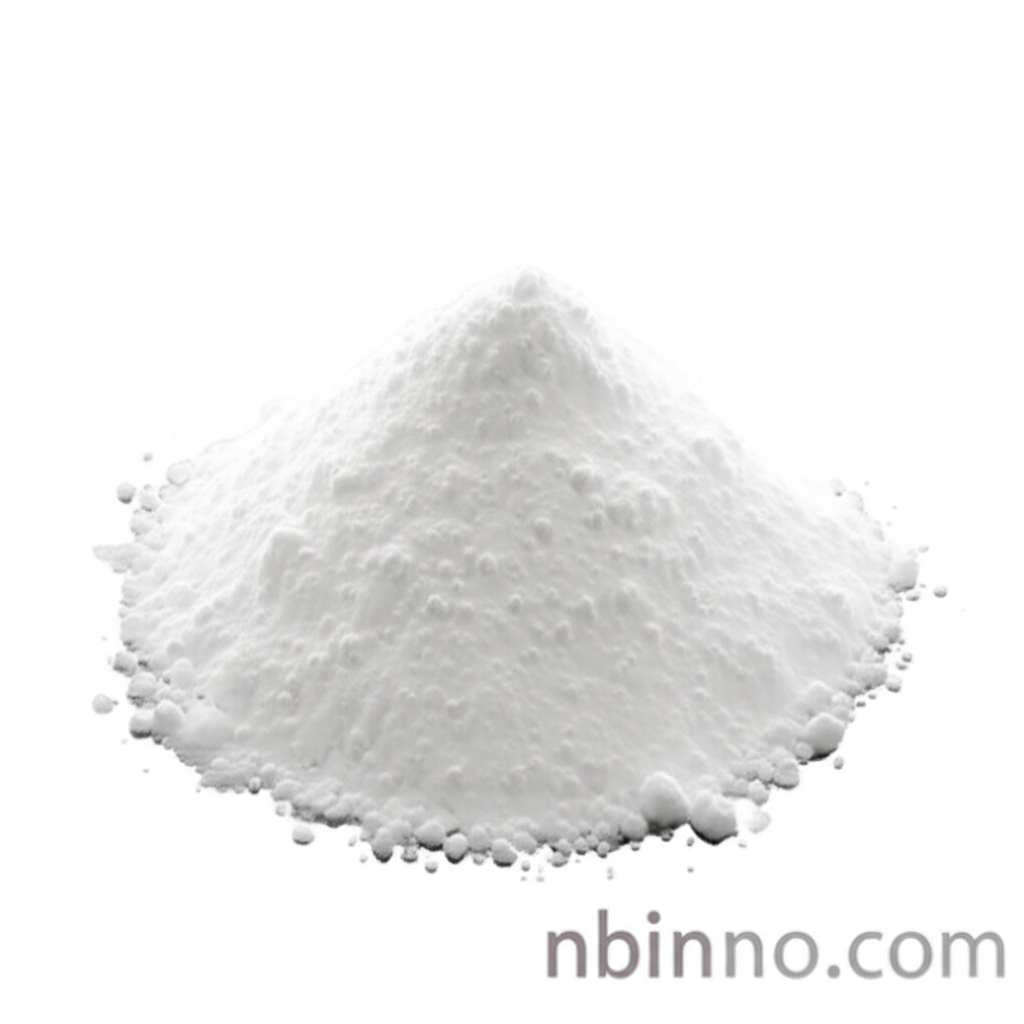Advancing Biomaterials with 2-Methacryloyloxyethyl Phosphorylcholine
Explore the potential of this zwitterionic monomer for creating next-generation biocompatible materials and advanced applications.
Get a Quote & SampleProduct Core Value

2-Methacryloyloxyethyl Phosphorylcholine
2-Methacryloyloxyethyl Phosphorylcholine (MPC) is a specialized monomer that plays a critical role in the development of advanced biomaterials. Its unique zwitterionic phosphorylcholine groups allow it to mimic the polar groups found in cell membranes, providing exceptional biocompatibility and bioactive properties. This makes it an indispensable component for applications requiring direct interaction with biological systems, such as in medical devices and advanced therapeutics.
- Leveraging MPC polymer biocompatibility: This monomer is foundational for creating materials that interact favorably with living tissues, minimizing adverse reactions and enhancing device performance in vivo.
- The versatility of zwitterionic polymers for drug delivery: MPC is a key building block for drug delivery systems, enabling controlled release and targeted delivery of therapeutic agents.
- Understanding phosphorylcholine monomer applications: Its structural similarity to natural phospholipids makes it ideal for applications requiring cell membrane-like interfaces, from coatings to implants.
- The critical role of MPC in biomimetic materials: By closely replicating the structure of cell membranes, MPC facilitates the creation of materials that exhibit excellent stealth properties, reducing biofouling.
Product Advantages
Enhanced Biocompatibility
The zwitterionic nature of 2-methacryloyloxyethyl phosphorylcholine, often referred to as MPC, ensures superior biocompatibility, making it ideal for medical implants and devices where minimizing immune response is paramount. This property is key to successful biomimetic materials MPC applications.
Biofouling Resistance
MPC polymers excel at preventing nonspecific protein adsorption and the subsequent formation of biofilms. This makes them invaluable for applications requiring resistance to contamination, a crucial aspect when considering prevent protein adsorption monomer functionalities.
Versatile Polymerization
As a monomer, 2-methacryloyloxyethyl phosphorylcholine can be polymerized into a variety of structures, including block copolymers, which are essential for designing sophisticated drug delivery systems and advanced coatings.
Key Applications
Drug Delivery Systems
Utilizing zwitterionic polymers for drug delivery, MPC forms nanoparticles and coatings that improve the efficacy and safety of pharmaceutical formulations, enhancing drug circulation time.
Biomedical Coatings
MPC-based coatings on medical devices, such as catheters and implants, significantly reduce the risk of infection and improve integration with host tissues by preventing bacterial adhesion.
Contact Lenses
The excellent water retention and biocompatibility of MPC polymers make them a prime choice for manufacturing comfortable and breathable contact lenses, directly benefiting from phosphorylcholine monomer applications in ocular health.
Tissue Engineering Scaffolds
MPC copolymers can be used to create scaffolds that promote cell adhesion and proliferation while resisting unwanted inflammatory responses, a key advancement in biomimetic materials MPC development.
